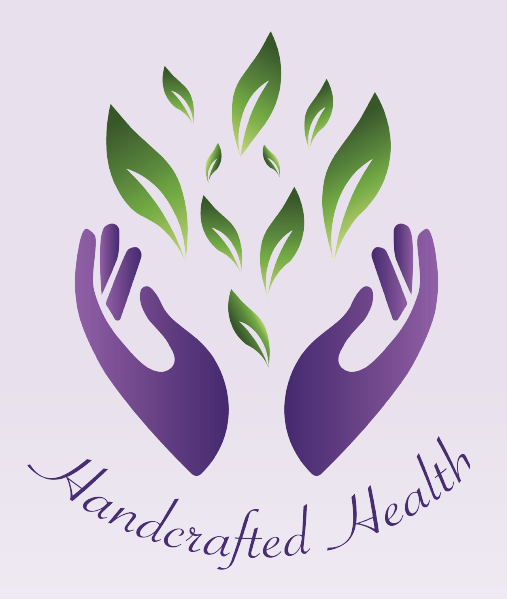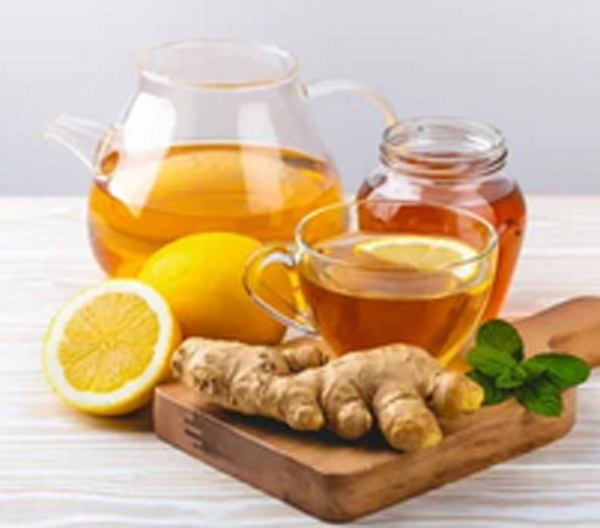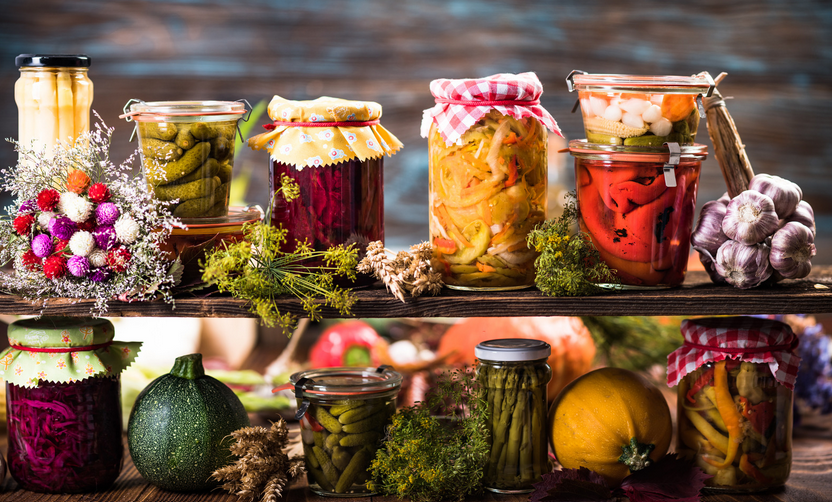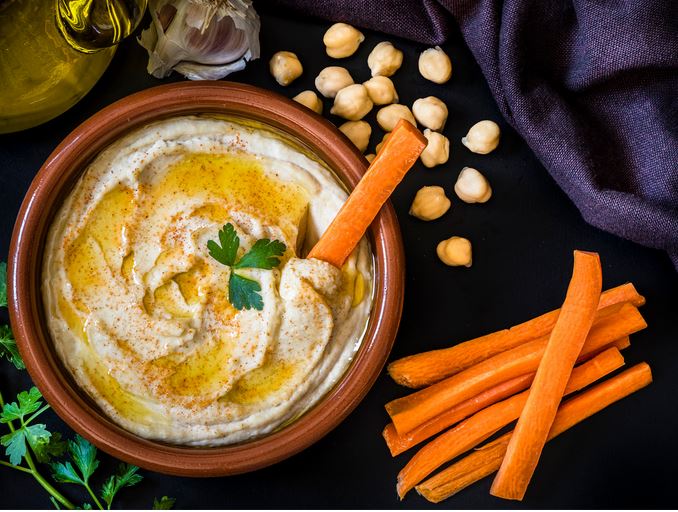There are many things that can make it difficult to get to sleep and stay asleep or have a good night’s sleep and wake refreshed. Here are some different areas that may contribute to your insomnia and also as many solutions to remedy the problem and get your good night’s sleep back!
Problem = Worry – Research has shown that bedtime rumination about past events and bedtime worry about future events and about incomplete future tasks may be a driver behind the inability to fall asleep or get back to sleep if you wake up.
Solution – Therefore, to facilitate falling asleep, you may derive great benefit from writing a very specific to-do list for five minutes at bedtime. Do this each night to make it a habit. Remember you can always pick up all the worry in the morning!
Problem = Caffeine – particularly in the form of coffee, is a performance-enhancing aid and is the most widely consumed stimulant in the world. Caffeine is efficiently and quickly absorbed by the stomach and small intestine, and peaks in the bloodstream in the first 30 min after consumption. It can last in our bloodstreams from between 2 to 10 hours, and as it attaches onto a receptor in the brain that keeps us alert, and decrease our sleep hormone – melatonin, drinking too much caffeine throughout the day or drinking it too late in the day may impact sleep.
Solution – Caffeine drunk 6 hours prior to bedtime has been shown to significantly disturb sleep. So, trying to drink caffeine earlier in the day, as well as having 1 to 2 cups only in the day and always drinking caffeine with food to ‘blunt’ the effects of caffeine, can help to stop having your favourite brew disrupting your sleep.
Problem = Out of balance Circadian Rhythm – Almost every cell in our body is regulated by our ‘body clock’. This internal clock controls your body’s sleep-wake cycle or circadian rhythm, so when it is out of balance, it can lead to many short- and long-term health complications. Many things may ‘throw’ out this rhythm, frequent changes in going to bed and getting up in the morning, lack of exposure to light during the day, shift work and jet lag.
Solution – Sun exposure – Spend at least 10 minutes in summer and 30 minutes in winter outside with sunlight on the skin, without getting sunburnt, especially early in the morning on rising, again between 11:00 am and 1:00 pm, and again at twilight. Light is one of our strongest cues in the regulation of our body’s circadian rhythms, and the cycle of natural light can help regulate our circadian rhythm. Dim lights at night if possible.
Solution – Regular bedtime – Try where possible to have a similar bedtime and get up at a similar time each day (even on the weekend) to also keep the circadian rhythm regular
Problem = Waking in the night – Increased calorie intake and appetite for carbohydrate-rich foods (sweets, salty snacks, starchy foods) tended to be greater in those who did not sleep well. These foods can also lead to blood sugar imbalances that can lead to our circadian rhythm imbalance, and lead to difficulty staying asleep as a result.
Solution – Mealtime – Try to have proteins and whole foods like grains, veggies and nuts and seeds at each meal or for snacks throughout the day. Also, try finishing your dinner several hours before you try to sleep. If you do get hungry before bed, or indeed through the night, try a small snack before bedtime, not a sweet treat like chocolate but something more complex like apple slices with nut butter.
Problem = Blue light that is emitted from fluorescent lights, televisions, laptops, computers, tablets and smartphones disrupts cortisol (our stress hormone) and melatonin (our sleep hormone).
Solution – Screen time – Try to avoid screens for at least 1 hour (if not more) before bed. Apply blue-light filters for your smartphone, tablet and computer screens. The filters prevent much of the blue light from these devices from reaching the eyes without affecting the visibility of the display.
So, our daily routines – what we eat and drink, our exposure to light throughout the day and the light we are exposed to at night can significantly impact our quality of sleep. Even a few slight adjustments can leave us with a sound night’s sleep. If these simple ideas are not enough to get you sleeping better, please book a consultation to uncover other reasons behind insomnia so that you can get the refreshing rest we all need to live well. Book online or call Sue on 0416156563.








0 Comments